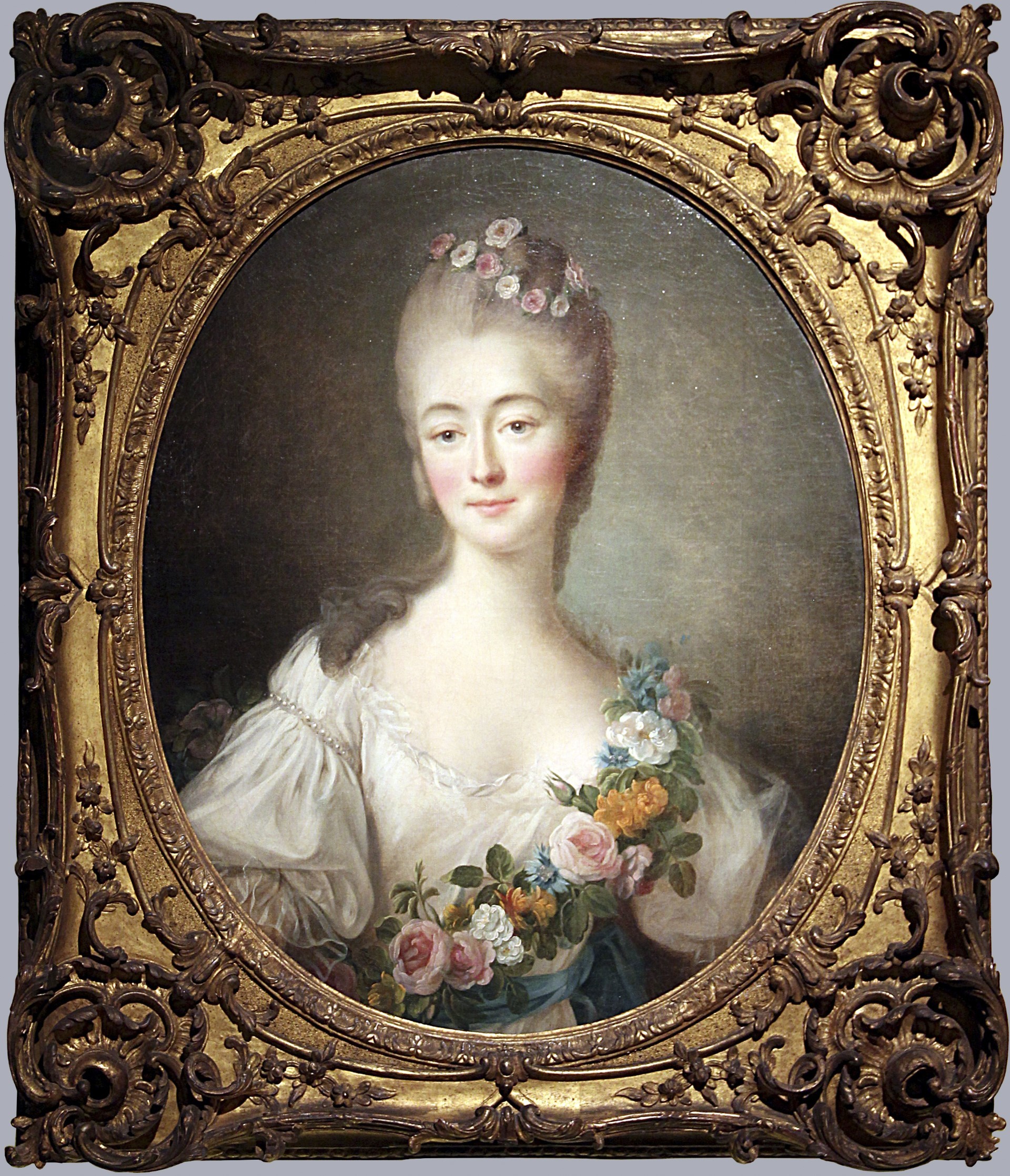RAQUEL VILLAÉCIJA
Updated Monday,22May2023-17:35
- Share on Facebook
- Share on Twitter
- Send by email
Comment
- Scandal Marlène Schiappa, French Secretary of State, poses on the cover of Playboy
- Controversy A 23-year-old French YouTuber with mental problems announces her assisted suicide
He is one of the most exciting and complex characters in monarchical France. His life illustrates the palace intrigues of the Versailles court, the Parisian debauchery of the time and part of the darkness of that pre-revolutionary France. Jeanne du Barry, first commoner and then countess, climbed from the humblest origins to the top of society and sneaked into the King's Court. She was the favorite mistress of Louis XV and became one of the most influential characters in the country: she had the weight of a queen and marked the end of the old regime. Her fate was as exceptional as her life: she ended up guillotined in 1793, during the French Revolution, just two months after Queen Marie Antoinette.
Jonny Deep's film, presented this week at the Cannes Film Festival, has resurrected the singular life of this woman, who contains every imaginable cinematic element, of whom biographies have been written and who, despite being one of the most influential female figures at the time, remains quite unknown.
Her name was Jeanne Bécu, she was born in Vaucouleurs (Lorraine region) in 1743 and was the illegitimate daughter of a seamstress and, it is believed, of a Franciscan monk. As a child, mother and daughter moved to Paris and Jeanne spent several years in a convent, leaving when she was 15. She earned her living as best she could: she made street vendors in the streets of Paris in order to survive, worked as a hairdresser, lady-in-waiting to a widow and as a seamstress in the rue Faubourg Saint-Honoré.
BLUE EYES
She had a beauty much appreciated at the time: she was blonde, curly hair, white and delicate skin and blue eyes. That immaculate appealnever went unnoticed and soon caught the attention of Jean-Baptiste du Barry, a playroom owner and luxury pimp. One of the darkest characters of the Parisian underworld, who promised to catapult her to the top and, above all, helped her get into Versailles.
Portrait of Madame du BarryE.M.
Jeanne began to frequent parties and became a lady-in-waiting to ministers and socialites close to the King. Then they called her mademoiselle Lange. The goal was to reach the monarch. On one of the visits to Versailles with his client at the time, Marshal Richelieu, he finally met Louis XV. This was not going through its best moment: his son had died of tuberculosis and the queen, Marie Leszczynska, had also died. Louis XV was 58 years old. Jeanne, 25.
She died beheaded two months after Marie Antoinette.
The monarch fell in love with her and became her favorite lover, but since she had no noble title, she could not be presented in society. Jean-Baptiste du Barry proposed that she marry his brother, in order to accede to the title of countess. This marriage of convenience allowed him to settle in Versailles. The King presented his favorite to the court, which welcomed her with suspicion. Despite her humble origins, Jeanne was a lover of letters, culture and art. She liked to wear pompous and expensive costumes, some admired her beauty and elegance and others criticized her vulgarity, but the countess did not go unnoticed or indifferent to anyone. He had more and more weight in the Court.
He became close to personalities such as Voltaire, with whom he became friends, and also won many enemies, especially those who envied the powerful influence he exerted on the monarch. One of his greatest rivals was Marie Antoinette, who later became Queen of France and was then already married to the King's grandson, Louis XVI.
HIS ENEMY: MARIE ANTOINETTE
The enmity was more than evident. Marie Antoinette could not stand the King's favourite. "He is the most impertinent creature one can imagine," he wrote to his mother. As the French Court was not allowed to address someone of higher rank directly, Du Barry could not speak to Marie Antoinette unless she did so first. This did not happen until, under pressure from the King, she agreed. During an event he told her: "It seems that there are many people, today, in Versailles."
The king died in 1774 and Louis XVI and Marie Antoinette, already monarchs, expelled her from the Court. There ended the golden period of the Countess du Barry, which passed into the background, but continued to live thanks to the riches that the King had bequeathed to her. When the French Revolution broke out, this woman of humble origins but already turned into an aristocrat did not feel threatened. Her lover at the time, the Duke of Brissac, was assassinated and she became one of the targets of the revolutionaries.
All her jewels were stolen and she was arrested in September 1793, accused of treason to the Republic. While awaiting trial, she tried to flee and was sentenced to the guillotine. His executioner, another irony, was one of his companions during those pre-Versailles years.
In the Place de la Révolution in Paris, today the Place de la Concorde, Jeanne du Barry, 50 years old, died by guillotine on December 8, 1793, two months after Marie Antoinette was beheaded, in the same place.
According to the criteria of The Trust Project
Learn more
- France
- Prostitution

